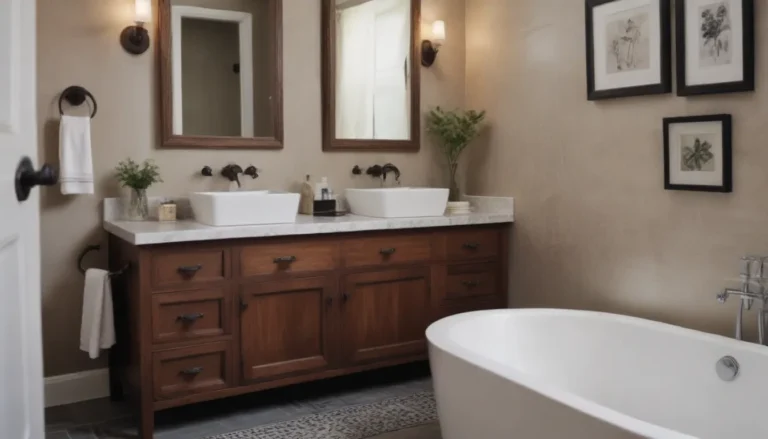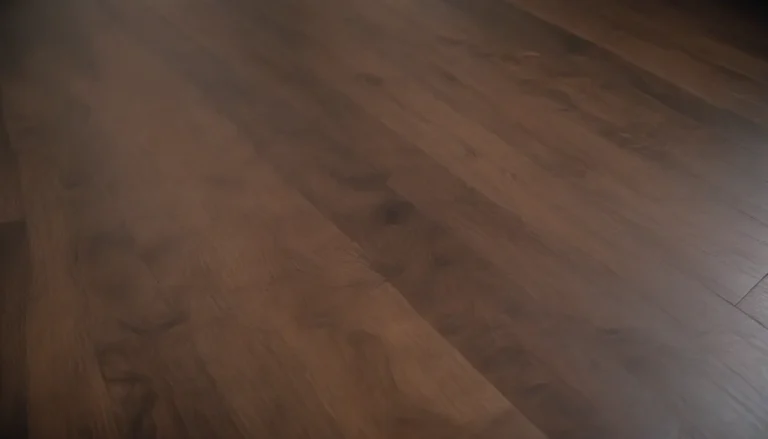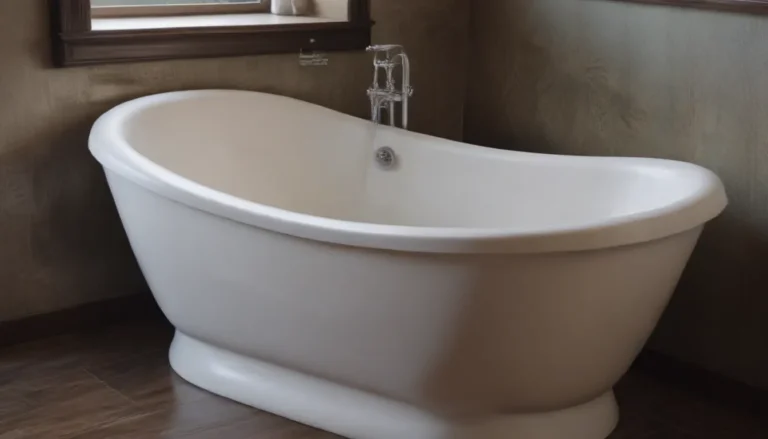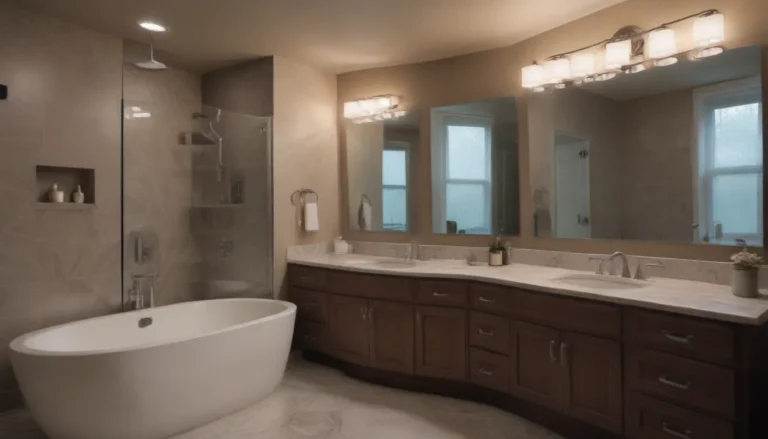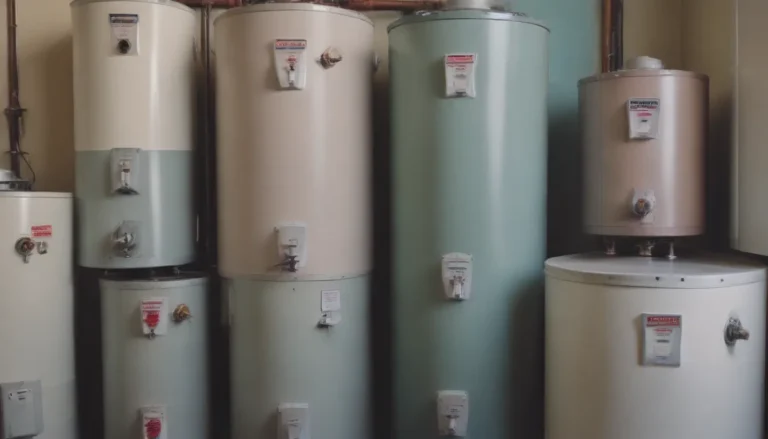The Ultimate Guide to Different Types of Locks and Where to Use Them
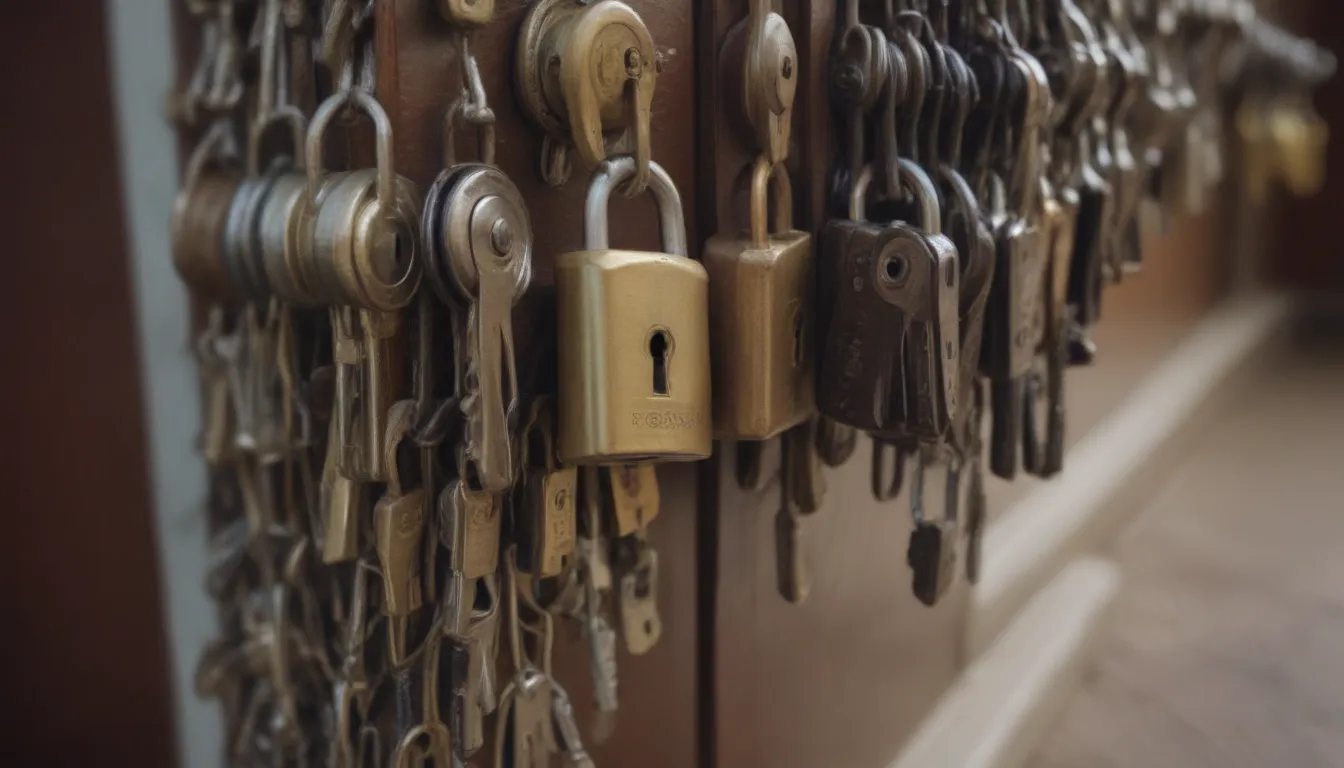
Locks have been one of the most crucial inventions in human history, allowing us to secure our homes and possessions while we sleep or when we’re away. From keeping young children away from harmful substances to ensuring the safety of our belongings during travel, locks play a vital role in our everyday lives. Understanding the various types of locks available can help you choose the best option for your specific needs and situation. In this comprehensive guide, we will explore eight common types of locks, their purposes, benefits, drawbacks, and where they are best used. By gaining insight into the world of locks, you can make informed decisions to protect your home, family, and valuables effectively.
Types of Locks
Cam Locks
Best for: Securing cabinets, desks, and furniture compartments.
Cam locks are lightweight locks commonly used to secure cabinets, drawers, and small compartments. They feature a cylindrical base with a keyhole and a metal latch known as the cam. With a simple turn of the key, the user can rotate the cam to lock or unlock the compartment. While cam locks offer basic security, their straightforward design makes them relatively easy to break, so they are not suitable for securing homes, sheds, or valuable containers.
Knob Locks
Best for: Securing indoor door locks.
Knob locks are designed for indoor doors to prevent the doorknob from turning and opening the door. Commonly found on residential bathroom doors for basic security and privacy, knob locks are not recommended for exterior doors due to their susceptibility to bypass or break-ins.
Lever Handle Locks
Best for: Securing interior doors and ADA compliance.
Lever handle locks are similar to knob locks but feature a handle for opening and closing the door. These locks, which may use keys or push-button mechanisms, are ideal for internal doors in homes, commercial buildings, and public spaces. Their user-friendly design makes them accessible for people with disabilities, ensuring ADA compliance. However, they are not suitable for entry doors due to their vulnerability to forced entry.
Padlocks
Best for: Locking sheds, lockers, luggage, toolboxes, and garage doors.
Padlocks are versatile options for securing various items and compartments, such as storage sheds, luggage, and toolboxes. Unlike other locks, padlocks are self-contained mechanisms that can be easily attached and removed from the locking latch. Combination padlocks require a specific series of numbers to open, making them ideal for securing school lockers. Additionally, key padlocks and TSA-approved padlocks offer convenient solutions for securing luggage during travel.
Deadbolt Locks
Best for: Securing exterior doors to homes and businesses.
One of the most common home security options, deadbolt locks consist of a thick metal bolt that extends through a strike plate and into the door frame, preventing unauthorized entry. Ideal for exterior doors and compartments holding valuables or documents, deadbolt locks provide reliable security compared to lighter locks like cam locks.
Electronic or Keypad Locks
Best for: Keyless security and Smart Home integration.
Electronic locks combine traditional lock mechanisms with electronic keypads, fingerprint scanners, or voice-recognition software for convenient access. These advanced locks are suitable for homes and businesses, eliminating the need for physical keys and allowing for customizable access codes for different users. Electronic locks are excellent for rental properties and locations with multiple occupants needing entry at various times.
Mortise Locks
Best for: Higher security option, ideal for front door entry.
Mortise locks are sturdy, high-security options that are difficult to break into. Combining a deadbolt lock with a doorknob, these locks provide robust protection against intruders. With up to five levers or a locking structure, including a spring action latch and deadbolt, mortise locks are ideal for front door entry where security is paramount.
Smart Locks
Best for: Keyless security, Smart Home integration, and short-term rental properties.
Smart locks offer keyless entry and integration with Smart Home systems via wifi or Bluetooth. Paired with smart security cameras, these locks allow remote locking and unlocking using a smartphone app. Compatible with Google, Alexa, and Apple Smart Home products, smart locks are perfect for short-term rental properties, offering convenient access management for hosts and guests.
Choosing the Right Lock
When selecting a lock, consider the specific location where it will be used, as each type of lock serves a distinct purpose. Here are some considerations to keep in mind when choosing a lock:
Interior Door Locks
For interior doors like bedrooms or bathrooms, opt for knob or lever locks with push-button privacy features. These locks provide basic security while allowing easy access for authorized individuals.
Exterior Door Locks
When securing exterior doors, choose deadbolt locks, mortise locks with deadbolts, or electronic locks for maximum security. Ensure that the door itself is solid for enhanced protection against forced entry.
Other Lock Uses
- Cam locks: Ideal for desk drawers and file cabinets to prevent unauthorized access.
- Mortise locks: Recommended for sliding glass doors for enhanced security.
- Padlocks: Suitable for securing sheds, garages, bike locks, and luggage.
Lock Sizes
Before purchasing a new lock, measure the current lock set to determine the backset measurement—the distance from the door edge to the center of the bore hole. Match the backset measurement with the latch or bolt size of the new lock for proper installation.
Door Handedness
Consider the direction in which your door swings (right-handed or left-handed) when selecting a new lock. While some locks are universal, others are designed specifically for right- or left-handed doors to ensure proper functionality.
Keyless door locks, ranging from combination locks and keypads to biometric locks, offer convenient and secure options for exterior doors. For front door security, choose mortise locks, deadbolts, or electronic locks, which provide advanced features for Smart Home integration and keyless entry.
In conclusion, understanding the different types of locks available and where to use them is essential for maintaining home security and protecting your loved ones and possessions. Whether you’re looking for a basic lock for interior doors or a sophisticated keyless entry system for your Smart Home, choosing the right lock can provide peace of mind and enhanced security for your property. With a wide range of options available, selecting the best lock for your specific needs is key to ensuring a safe and secure environment for you and your family.
